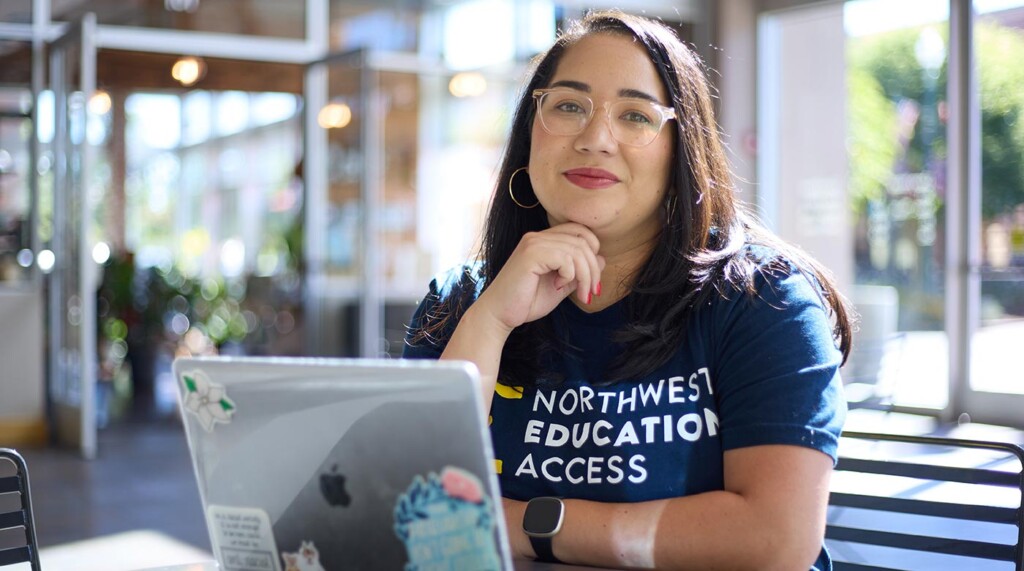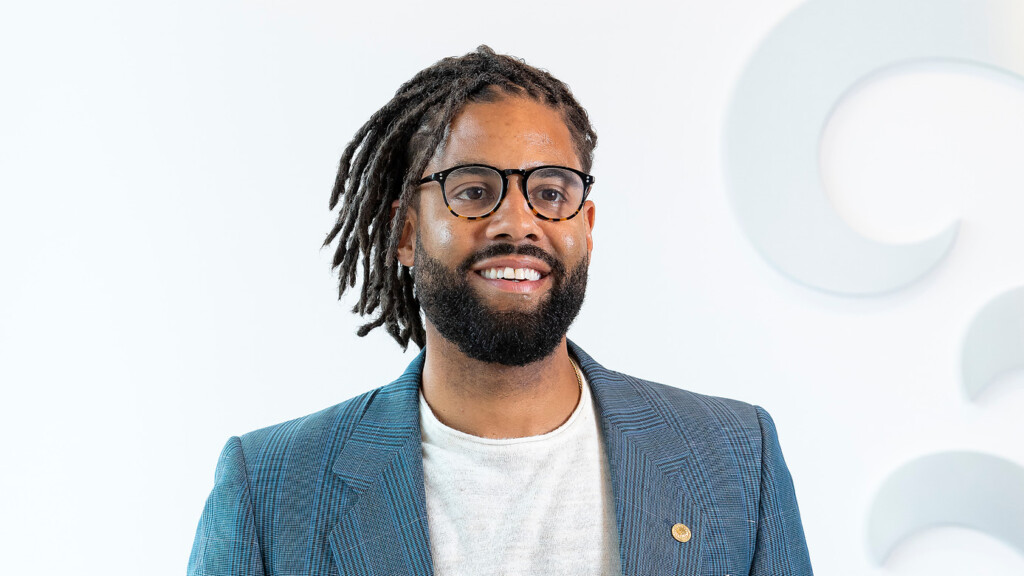Page 320 • (3,425 results in 0.12 seconds)
-

science you might end up writing code for software simulations of proteins, creating the next big video game, or developing a social application that connects people in new ways. The possibilities are limitless. Read Previous PLU Wind Ensemble: Musica Ignota Read Next Hope, a Pacific Lutheran University Christmas Concert COMMENTS*Note: All comments are moderated If the comments don't appear for you, you might have ad blocker enabled or are currently browsing in a "private" window. LATEST POSTS Three
-

a professional theater company would be like and what sort of things people do in those companies. I feel so honored to be working with a well-established and well-known company in the Seattle theatre community. I enjoyed hearing all of these wonderful artists and professionals talk about the theater process and how it looks in the professional world. Read Previous Speedcubing builds problem-solving skills and social connections in schools Read Next PLU School of Nursing professor to be inducted
-

employ fewer people, but so that we can put those human hands on a more important task. Getting firsthand experience, seeing those manual processes get automated – that’s really huge. Why did you want to major in economics and minor in data science? I liked the major because it taught me about the world around me. I’ve taken classes like psychology and sociology, and those definitely teach you a lot, but I feel like economics as a social science is incredibly applicable to day-to-day interactions
-

Questioning Barriers: Angela Pierce-Ngo ’12 understands post-secondary success requires questions Posted by: Logan Seelye / November 3, 2022 November 3, 2022 By Lora ShinnResoLute Guest WriterWhile at PLU, Angela Pierce-Ngo ’12 was worried by a troubling pattern. After the first year of college, many peers and friends — especially classmates of color — left school or took an extremely long break.Even as she worked as a diversity advocate and progressed toward her degree in social work, she felt
-

degree in nursing program. That was until a friend told her about PLU and the chance its nursing program provided her to earn a bachelor of science in nursing. “A bachelor’s degree had been something I regretted not finishing,” she recalls. Millett and Lopez began classes during the spring semester of 2020, in the early days of the COVID-19 pandemic. On the first day of classes in early February, neither of the women knew what was coming in just one month — lockdowns, social distancing, the
-

from physiological to social issues relevant in psychology. It turns out understanding people (psychology) and asking questions (philosophy) are two attributes that make for a successful wealth advisor. In 2008, Bell went to work at Cannataro Family Capital Partners in Manhattan. Today he has a slew of professional licenses in everything from long-term care insurance to retirement income, and has taken courses at The Wharton School at the University of Pennsylvania. He’s one of four partners in his
-
published her study of the relationship between indigenous communities, the state, and the church in the nineteenth century, Indios, curas, y nación. La sociedad indígena frente a un proceso de secularización: Oaxaca, siglo XIX. She is a teacher-scholar at CIESAS Unidad Pacífico Sur, where she is doing research on nineteenth-century liberalism and education in the state of Oaxaca. She also teaches for the M.A. programs in history, CIESAS Peninsular (Mérdida, Yucatán) and Social Anthropology, CIESAS
-
. Elana majored in Environmental Studies and Global Studies with a concentration in Development and Social Justice.2019 Peace Scholars Dejan Perez and Barbara Gilchrist Barbara Glichrist and Dejan Perez were 2019-2020 Peace Scholars. Barbara is majoring in Global Studies, Psychology, and Political Science. Dejan is an English (emphasis in Writing) and Women’s & Gender Studies major, and Norwegian and Native American and Indigenous Studies minor. Both will graduate in 2020.2018 Peace Scholars Aziza
-

integration into the “social and intellectual fabric of an institution”; • commitment to the institution; and • commitment to the goal of earning a college degree (Hausmann, Schofield and Woods 2007). Belonging is a central part of these processes. Students’ sense of belonging can be encouraged in curricular and co-curricular realms of university experiences. Curricularly, course content, classroom experiences and interactions with faculty can enhance or undermine student belonging. Co-curricularly
-
By Maria Flores '20Division of Social Sciences A yearlong sabbatical in 2017-18 provided Dr. Brenda Llewellyn Ihssen, Dr. Michael Schleeter, and Dr. Seth Dowland with opportunities to rethink their courses and pursue scholarly interests. For Dr. Dowland and Dr. Schleeter, sabbatical was a time to step away from teaching and service obligations so that they could focus on scholarship relevant to their teaching. For Dr. Llewellyn Ihssen, sabbatical provided an opportunity to teach and serve in a
Do you have any feedback for us? If so, feel free to use our Feedback Form.


